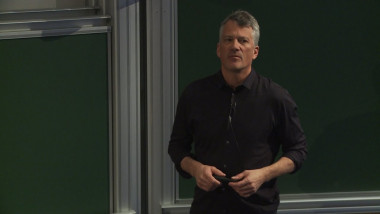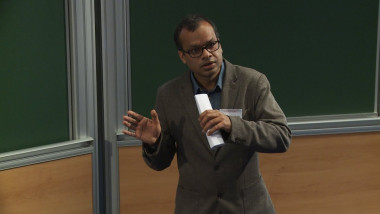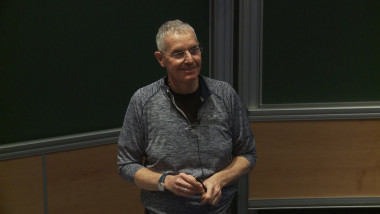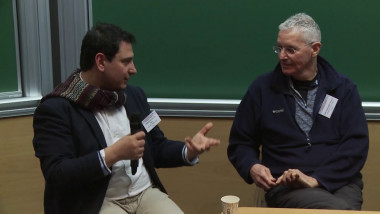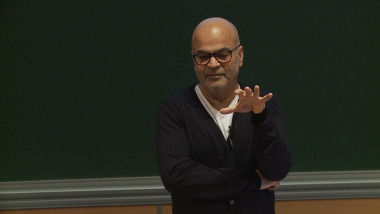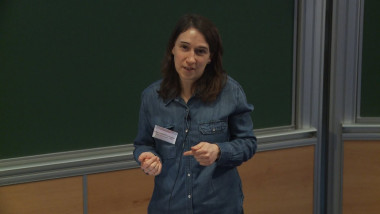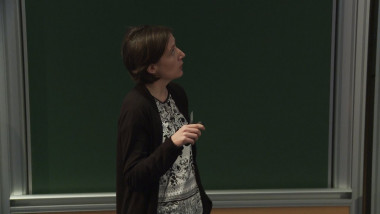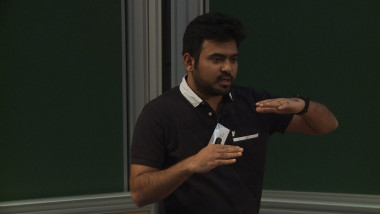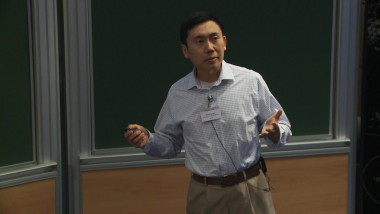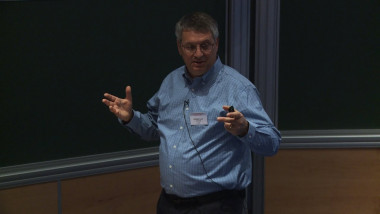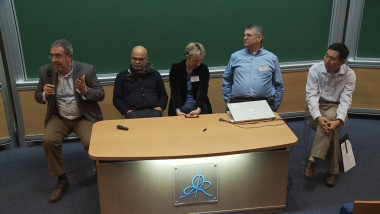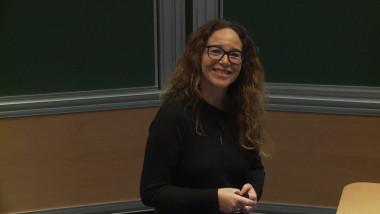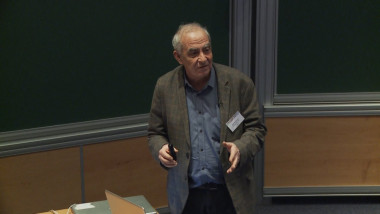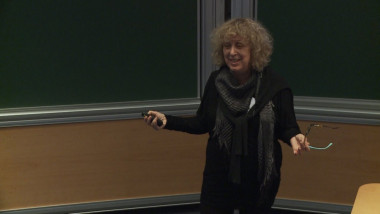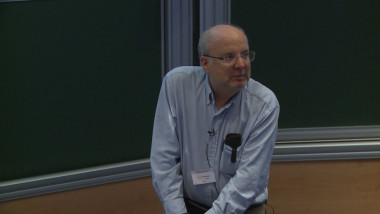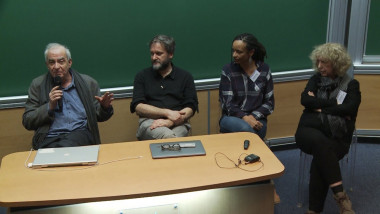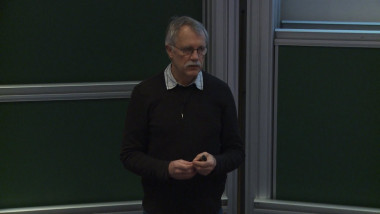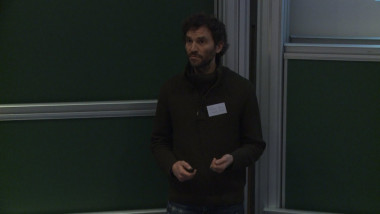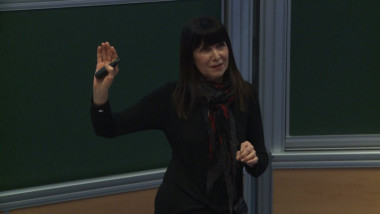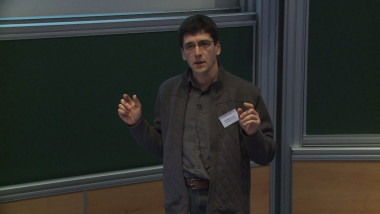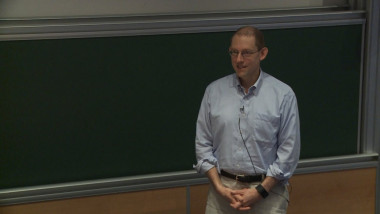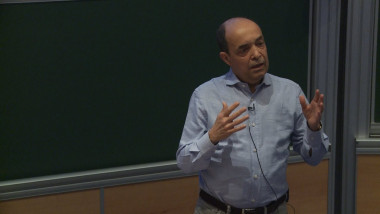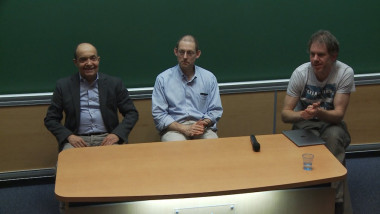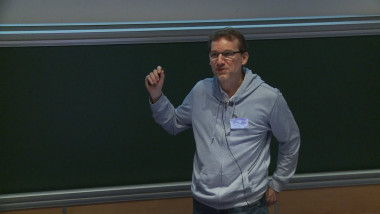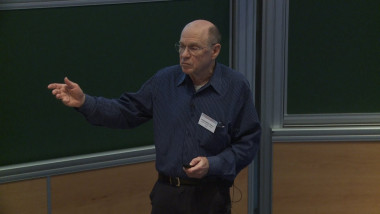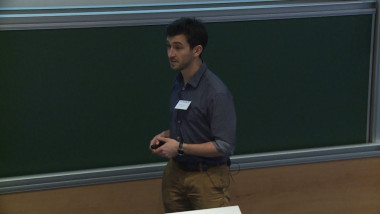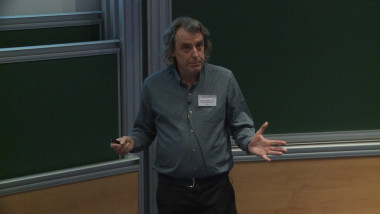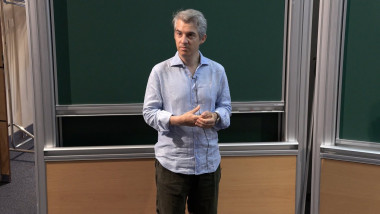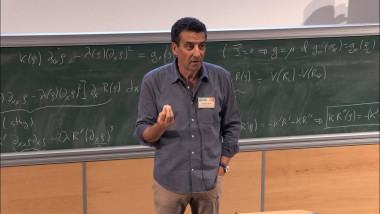DNA-PK impedes DNA demage-induced transcription of stress response genes
By Amir Hay
Organisms are continuously exposed to sublethal stresses, but how they respond to such stresses at the molecular level is still largely unknown. One known mechanism is genetic regulation of stress response proteins, such as HSP72 -which is encoded by both HSPA1A and HSPA1B genes. We previously reported that HIRA, a histone H3 chaperone, is prompted by sublethal stresses to establish acquired tolerance to subsequent lethal stresses in both S. pombeand human fibroblasts. This suggested that chromatin remodeling plays a role in sublethal stress response. Here, we determined that DNA damage response (DDR) factors and topoisomerases are potent histone H3 interactors and identifed their role in the regulation of stress response in human fibroblasts. Our results indicate that sublethal stress induces DNA double-stranded breaks (DSBs) by topoisomerase IIA (TOP2A). Moreover, we show that following sublethal heat stress, histone variant H3.3 and its interactors, including DDR factors and TOP2A, are enriched at the transcription start site and/or open reading frame of the HSPA1A/B loci. Lastly, we determined that DDR protein DNA-PK is a negative regulator of HSPA1A/B expression following DSB-induced transcription. Based on our results we propose that in response to sublethal stresses, HIRA/H3.3 and DNA-PK counter-regulate stress response genes to balance transcription and DNA damage response, for immediate survival and genomic stability, respectively.












